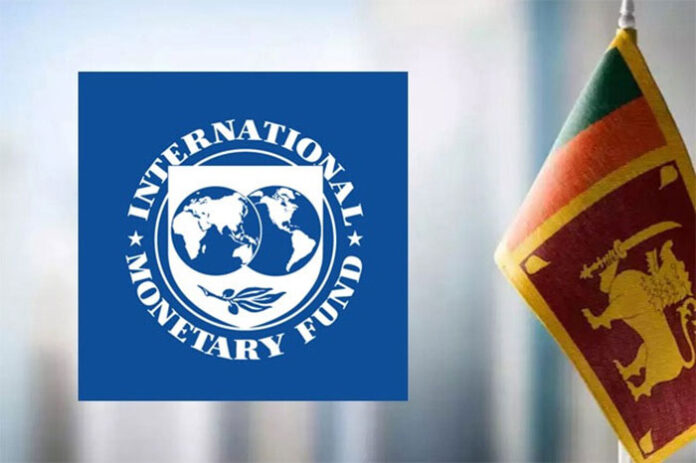The International Monetary Fund (IMF) has commended Sri Lanka’s ongoing economic recovery under the Extended Fund Facility (EFF), highlighting notable progress in growth, inflation control, and foreign reserves. However, the IMF also emphasized that global economic uncertainty, limited fiscal flexibility, and incomplete structural reforms pose significant threats to sustaining these achievements. Strong policy implementation and focused support for vulnerable groups remain critical.
These insights followed an official IMF mission led by Evan Papageorgiou, which visited Colombo from April 3 to 11. After a series of productive discussions, Papageorgiou issued a statement praising the outcomes of Sri Lanka’s ambitious reform strategy under the EFF.
He noted that the nation is rebounding from its recent economic crisis, with a projected growth rate of 5% for 2024. Inflation has dropped significantly, reaching 2.6% by the end of March 2025. The Central Bank’s proactive foreign currency acquisitions have helped increase gross official reserves to $6.5 billion by the same period. Additionally, comprehensive fiscal reforms have helped strengthen public finances.
Despite these successes, the IMF expressed caution regarding recent global developments that could disrupt Sri Lanka’s economic stability. The external environment, coupled with domestic challenges, requires close monitoring and swift responses to avoid reversing progress.
The IMF emphasized the importance of the government’s continued commitment to the reform agenda. Maintaining this momentum is essential to preserving gains and achieving long-term macroeconomic stability and inclusive growth.
The Fund called for enhanced revenue generation, especially through improved tax compliance. One proposed step includes restoring a prompt and efficient VAT refund mechanism, which would increase revenue without the need for new tax hikes.
The IMF also warned against introducing new tax exemptions, which could lead to revenue losses and heightened corruption risks. Instead, creating fiscal buffers to protect the most vulnerable should be prioritized.
Another recommendation was to return to cost-recovery pricing in the electricity sector, which would reduce the financial burden on state-owned enterprises and the national budget. Furthermore, the IMF stressed the importance of strengthening social safety nets. Assistance programs must be accurately targeted, adequately funded, and time-bound to ensure efficient use of limited resources.
While inflation is currently under control, continued surveillance is necessary to ensure long-term price stability. The IMF also encouraged the Central Bank to keep building external reserves to buffer against potential shocks.
The delegation held high-level meetings with President and Finance Minister Anura Kumara Dissanayake, Prime Minister Dr. Harini Amarasuriya, and other key government figures, including Central Bank Governor Dr. Nandalal Weerasinghe and Treasury Secretary Mahinda Siriwardana. They also consulted with parliamentarians, private sector leaders, civil society organizations, and development partners.
Concluding the visit, the IMF team expressed appreciation for the government’s cooperation and reaffirmed its support for Sri Lanka. Ongoing discussions aim to reach a staff-level agreement soon, which would pave the way for completing the fourth review of the EFF program. The IMF underscored its continued commitment to aiding Sri Lanka during this critical period.
